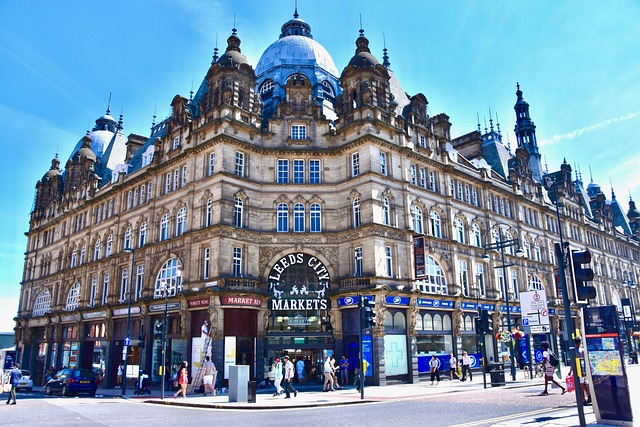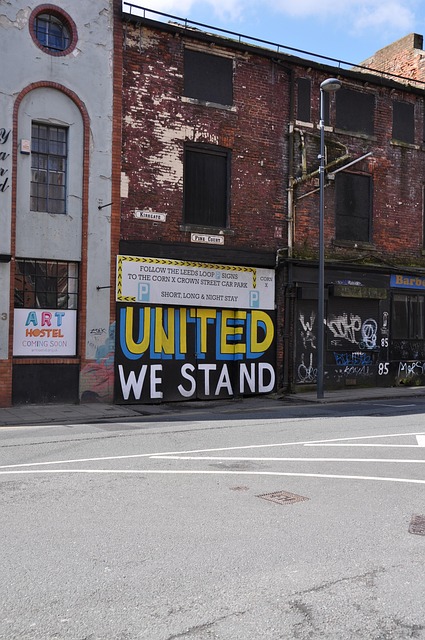In today's competitive real estate market, environmental credibility is a powerful differentiator. Adopting sustainable practices like energy-efficient design, renewable energy sources, responsible waste management, and green landscaping not only reduces carbon footprints but also boosts property value and appeal to conscious consumers. Eco-friendly features are no longer a luxury but an expected standard, offering long-term financial benefits for owners and investors alike. Developers play a crucial role in driving sustainable change through transparent communication of green design elements and materials, enhancing property appeal and contributing to a greener real estate market.
In today’s environmentally conscious world, real estate developers are under increasing scrutiny to demonstrate their properties’ sustainability and ecological integrity. Understanding and bolstering environmental credibility is no longer optional but crucial for market competitiveness. This article explores the significance of environmental factors in real estate, dissects the impact of eco-friendly features on property value, and offers strategic insights for developers aiming to enhance their environmental reputation.
Understanding Environmental Credibility in Real Estate

In the competitive world of real estate, environmental credibility has emerged as a key differentiator for properties. This goes beyond mere marketing hype; it’s about demonstrating genuine commitment to sustainability and ecological preservation. Environmental credibility signals to potential buyers, tenants, and investors that a property is not just an asset, but one that aligns with modern values and contributes positively to the local ecosystem.
It involves various practices, from energy-efficient design and renewable energy adoption to responsible waste management and green landscaping. By integrating these elements, real estate developments can significantly reduce their carbon footprint, conserve natural resources, and create healthier living environments. Ultimately, a property’s environmental credibility boosts its market appeal, enhances its value, and positions it as a forward-thinking choice in an increasingly conscious market.
The Impact of Eco-Friendly Features on Property Value

In today’s market, eco-friendly features are no longer a luxury in real estate but an expected standard. Properties boasting sustainable design and energy-efficient appliances have seen significant boosts in value compared to their traditional counterparts. This trend reflects a growing awareness among buyers about environmental issues and their desire to contribute to a greener world.
Integrating green technologies not only attracts environmentally conscious buyers but also offers long-term financial benefits. These features can reduce utility costs, decrease maintenance requirements, and enhance the overall efficiency of a property. As the demand for eco-friendly real estate continues to rise, investing in such properties or adopting sustainable practices can be a smart move for both owners and investors.
Strategies for Developers to Enhance Their Environmental Reputation

Developers play a pivotal role in shaping the environmental landscape of any region, and their strategies can significantly boost a property’s credibility. One effective approach is to embrace sustainable design principles, such as incorporating green spaces, using eco-friendly materials, and implementing energy-efficient systems. These measures not only reduce the property’s carbon footprint but also attract environmentally conscious buyers and tenants.
Additionally, developers should prioritize transparency and education. Communicating clearly about the environmental features of a project and their benefits can foster trust. Offering certifications and guarantees for sustainability practices further enhances the real estate’s appeal. By adopting these strategies, developers can ensure that their properties stand out as responsible investments, contributing to a greener future.






